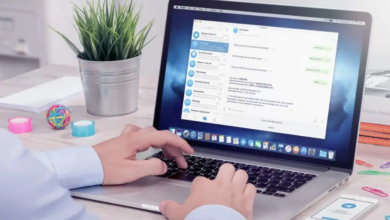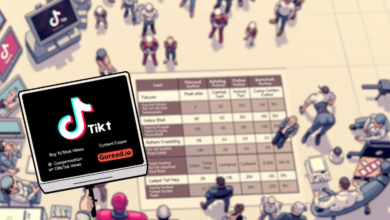The Role of Bilingual Medical Call Centers in Supporting Compliance and Clinical Care

Language barriers in healthcare can lead to misunderstandings, delayed care, and compromised patient safety. With the United States’ increasingly diverse population, healthcare providers face mounting pressure to deliver culturally competent care across multiple languages. A professional bilingual medical call center serves as a critical bridge, ensuring effective communication while maintaining strict compliance standards. These specialized services help healthcare organizations reach underserved populations and improve health outcomes through culturally sensitive support. The integration of multilingual capabilities into medical communication systems has become essential for modern healthcare delivery.
Understanding the Need for Bilingual Medical Support
The demographic landscape of American healthcare continues to evolve, creating unprecedented demands for multilingual medical services. Over 67 million Americans speak a language other than English at home, with Spanish being the most common non-English language. Limited English proficiency affects millions of patients who struggle to navigate complex healthcare systems, understand medical terminology, and communicate their symptoms effectively. These communication gaps can result in medication errors, missed appointments, and delayed diagnoses.
Compliance Standards in Bilingual Medical Call Centers
Healthcare organizations must navigate complex regulatory requirements when implementing multilingual communication services. Federal regulations, including Title VI of the Civil Rights Act and the Affordable Care Act, mandate language assistance services for patients with limited English proficiency. Healthcare providers receiving federal funding must provide qualified interpreters and translated materials at no cost to patients. Understanding PCI call center compliance requirements becomes crucial when handling sensitive patient payment information across multiple languages.
HIPAA compliance remains paramount, requiring bilingual call centers to implement robust privacy protections for multilingual communications. Staff must receive specialized training on maintaining confidentiality while providing interpretation services across cultural and linguistic boundaries.
See also: Nano Banana Action Figure Generator: A Fun Way to Create Custom Figures
HIPAA Considerations for Multilingual Services
Privacy protection becomes more complex when multiple languages and cultural contexts are involved in patient communications. Bilingual call centers must ensure that all staff members understand HIPAA requirements, regardless of their primary language or cultural background. Documentation, consent forms, and privacy notices must be available in patients’ preferred languages while maintaining the same legal protections as English-language materials. Knowing how to have a HIPAA-compliant call center requires comprehensive policies that address the unique challenges of multilingual healthcare communication. Encrypted communication systems, secure translation platforms, and properly trained multilingual staff form the foundation of compliant bilingual medical call centers.
Clinical Care Benefits of Bilingual Call Centers
Effective multilingual communication directly impacts patient health outcomes and clinical care quality. Bilingual call centers facilitate better patient history collection, medication adherence counseling, and follow-up care coordination. Patients who can communicate in their preferred language are more likely to provide complete medical histories, ask important questions, and follow treatment recommendations. This improved communication leads to more accurate diagnoses and more effective treatment plans.
Emergency situations particularly benefit from immediate bilingual support, where clear communication can be life-saving. Trained medical interpreters understand medical terminology in multiple languages and can quickly convey critical information between patients and healthcare providers.
Technology Integration in Bilingual Medical Call Centers
Modern bilingual call centers leverage advanced technology to enhance service delivery and maintain compliance standards. Artificial intelligence and machine learning tools assist with initial patient screening and routing calls to appropriate bilingual specialists. However, human interpreters remain essential for complex medical discussions and sensitive healthcare topics that require cultural nuance and emotional intelligence.
Cloud-based platforms enable seamless integration with electronic health records while maintaining multilingual documentation capabilities. These systems ensure that patient interactions in any language are properly recorded and accessible to healthcare providers.
Conclusion
Bilingual medical call centers represent a vital component of equitable healthcare delivery in our diverse society. By bridging language gaps while maintaining rigorous compliance standards, these services enable healthcare organizations to serve all patients effectively, regardless of their primary language. The combination of cultural competency, regulatory adherence, and clinical expertise creates a foundation for improved health outcomes across all communities. Healthcare providers who invest in professional multilingual communication services position themselves to better serve their communities while meeting both ethical obligations and regulatory requirements.



